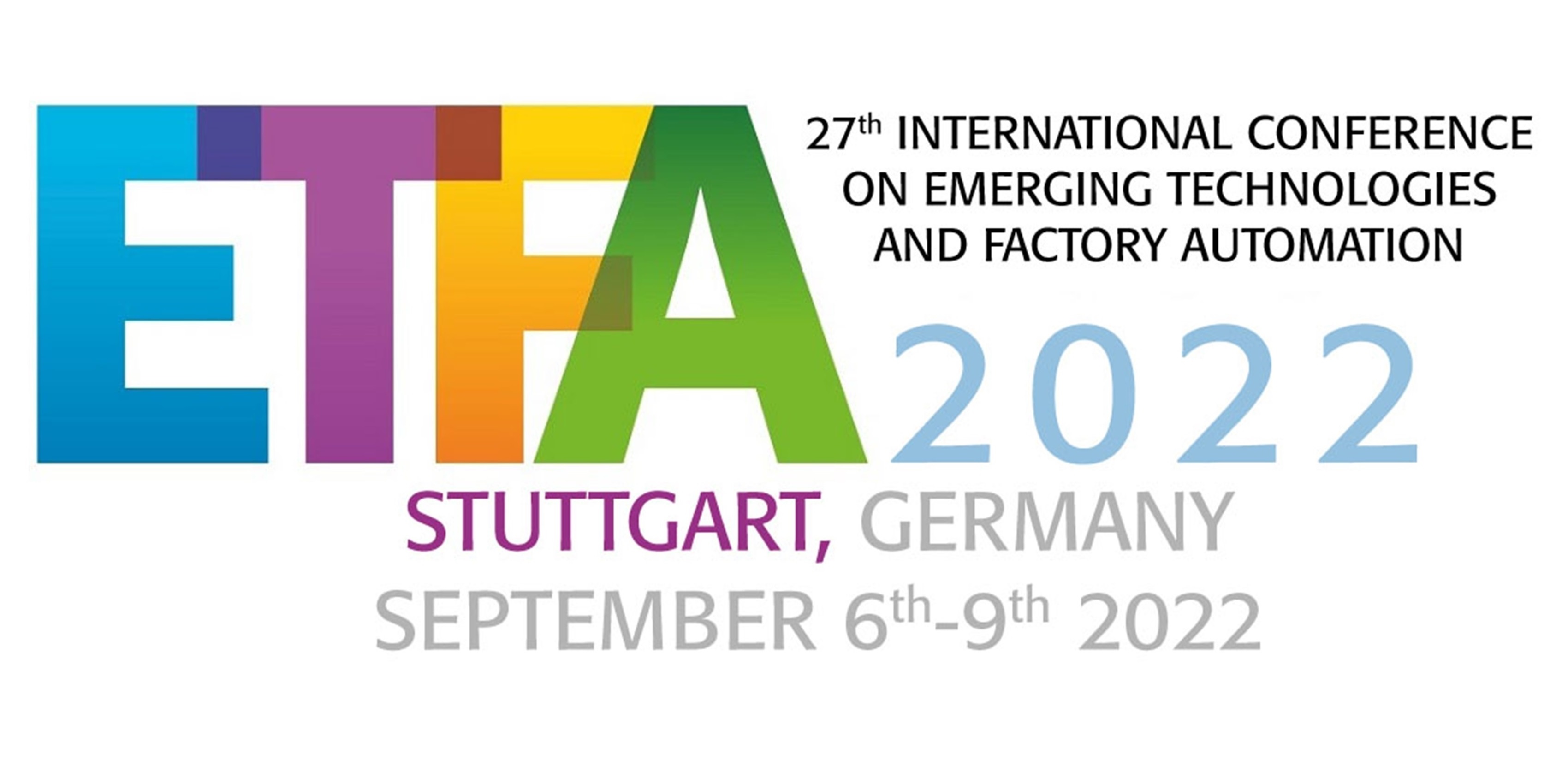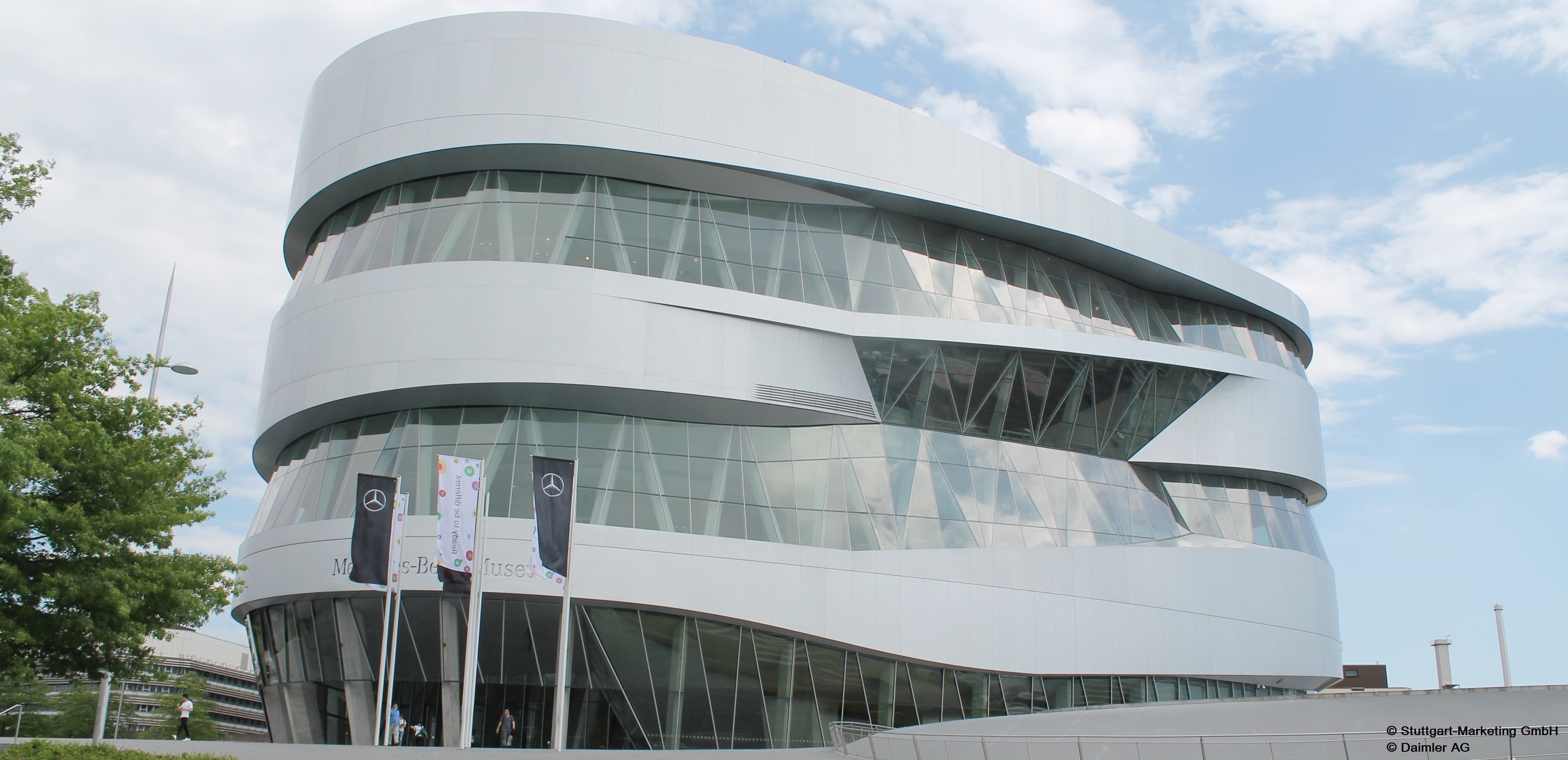Click here
to download the session cfp.
This Special Session focuses on the emerging role of hyper-automation in Industry 4.0 and beyond, as the nexus among autonomous robotics, machine vision, and learning. Hyper-automation is currently representing a true digital transformation implying the combination of multiple and heterogeneous intelligent systems to fulfil complex needs, while increasing both the human expertise and the automation experience. The main advantages of hyper-automation include lower automation costs, improved IT-business alignment, and enhanced security and governance. Hyper-automation is rising with the evolution of automation technologies. In particular, the recent advances in intelligent sensing are leading to the design of immediate and accurate environment perception systems; the innovative Machine Learning and Artificial Intelligence techniques are entailing the possibility of elaborating large amounts of data to make and support decision processes; the cutting-edge trend in developing safe, secure, and time-sensitive communication protocols are encouraging the outline of large and distributed networked architectures. All these elements boost the exploitation of hyper-automated systems within the smart industrial context for the purpose of reducing the expenses, increasing the productivity and improving the efficiency via automation in all the processing stages. The concept of hyper-automation, thus, encompasses multiple versatile and enabling technologies including also process mining, Robotic Process Automation, digital twin of the organisation, optical character recognition, and natural language processing. For all these reasons, hyper-automation appears a promising and avant-garde framework for the Industry 4.0 and beyond, encouraging the investigation of its complexity and potentialities. This Special Session aims to assess the obtained results in the field of hyper-automation, focusing on implementations, case studies and prototype systems, as well as to address future research directions.




